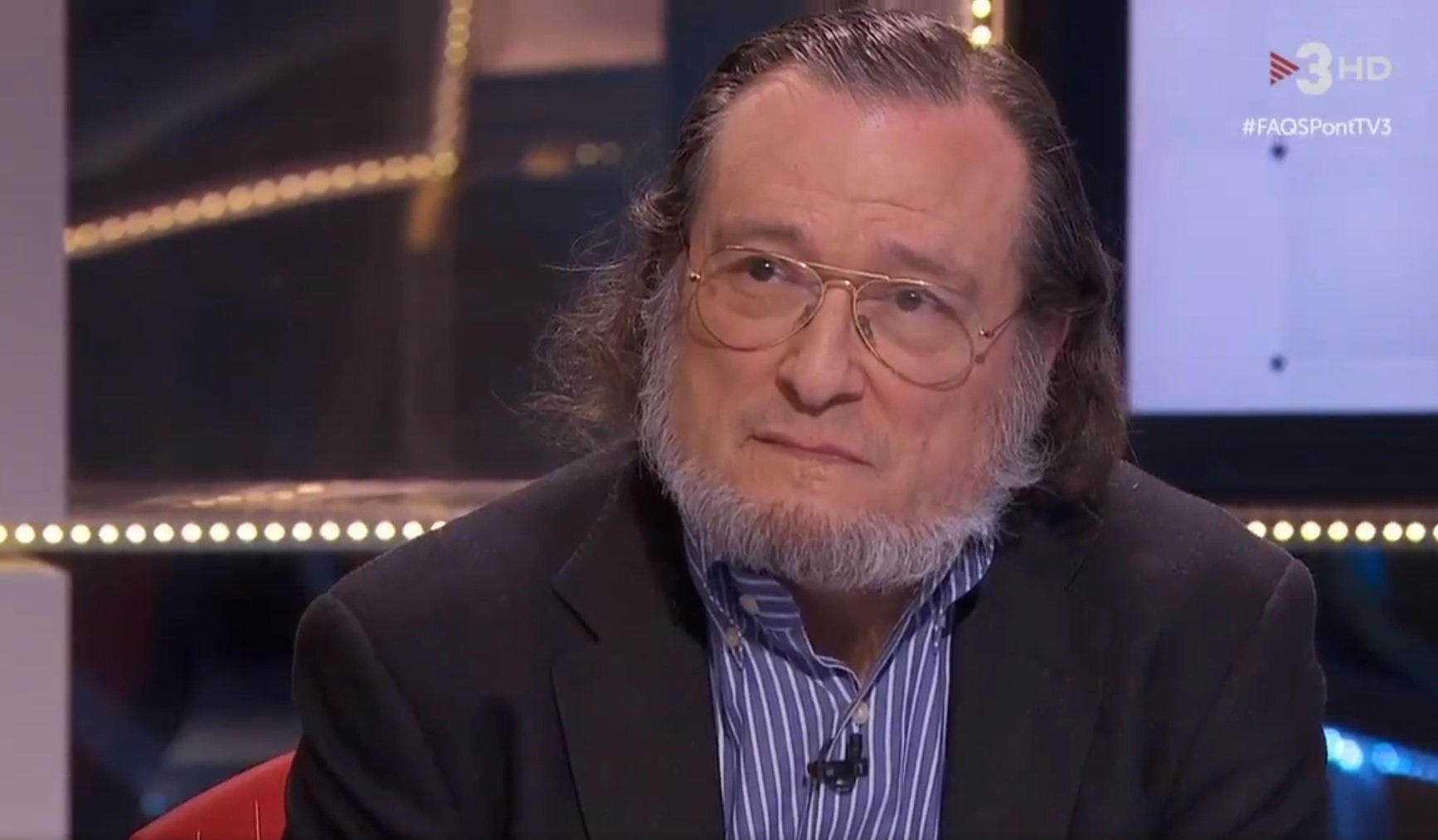The economist and university lecturer Santiago Niño-Becerra has said this Tuesday that, before 31st December 2020, "Brussels will tell Spain that the state of autonomous communities is over". Niño-Becerra was speaking in an interview with Catalunya Ràdio (in Catalan) in which he also said the Spanish financial system is out-of-date, with only four autonomous communities supporting the other thirteen.
The economist warned that a critical objective for the EU is to achieve a deficit of 0% before 2021 and that it's impossible for Spain to reach that point with its current financial system. As such, he predicts that "things will happen" to the system, for example, we will see an end to the autonomous communities which are not economically viable, in other words, all of them except Catalonia, Madrid, Valencia, the Balearic Island and the Basque Country.
Niño-Becerra added that the difference between the autonomous communities with financial surplus and those suffering fiscal deficits is extremely sharp. Indeed, even the differences within communities. Within Spain, he noted, some regions have unemployment as high as 40% whilst in others it's as low as 2%.
The economist also noted that, between them, Catalonia and the Basque Country produce 25% of Spain's GDP, and that if they end up independent it would leave Spain as a country with significant "deficiencies".
Catalonia, free associated state
When it comes to Catalan independence, Niño-Becerra repeated his belief that it will come. He did say, however, that it won't come through revolution, rather an "evolution of events".
He was also very clear that he expects Catalonia will be a state of free association with Spain. This would be in conditions akin to the Ibarretxe Plan formerly proposed for the Basque Region, namely with many powers devolved to Barcelona and large financial autonomy.
"Spain isn't doing well"
According to the economist, "Spain isn't doing well", contradicting statements in the last year from prime ministers Mariano Rajoy and Pedro Sánchez. He bases his argument on various factors including salaries, which are stagnant, the deficit, which is not currently decreasing, and the fact that the majority of new contracts are temporary.
This situation will include, from this autumn, the start of the "third phase of the financial crisis", he believes. the main symptom for this new phase will be a "cooling of the economy", caused by large amounts of debt following a feeling of "false euphoria".
This feeling of euphoria he ascribes to the "system of amphetamines" started by the European Central Bank in 2012, which he believes started the second phase of the crisis. This system involves the large-scale purchasing of public debt by the bank and negative interest.

